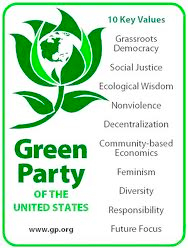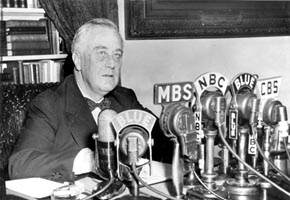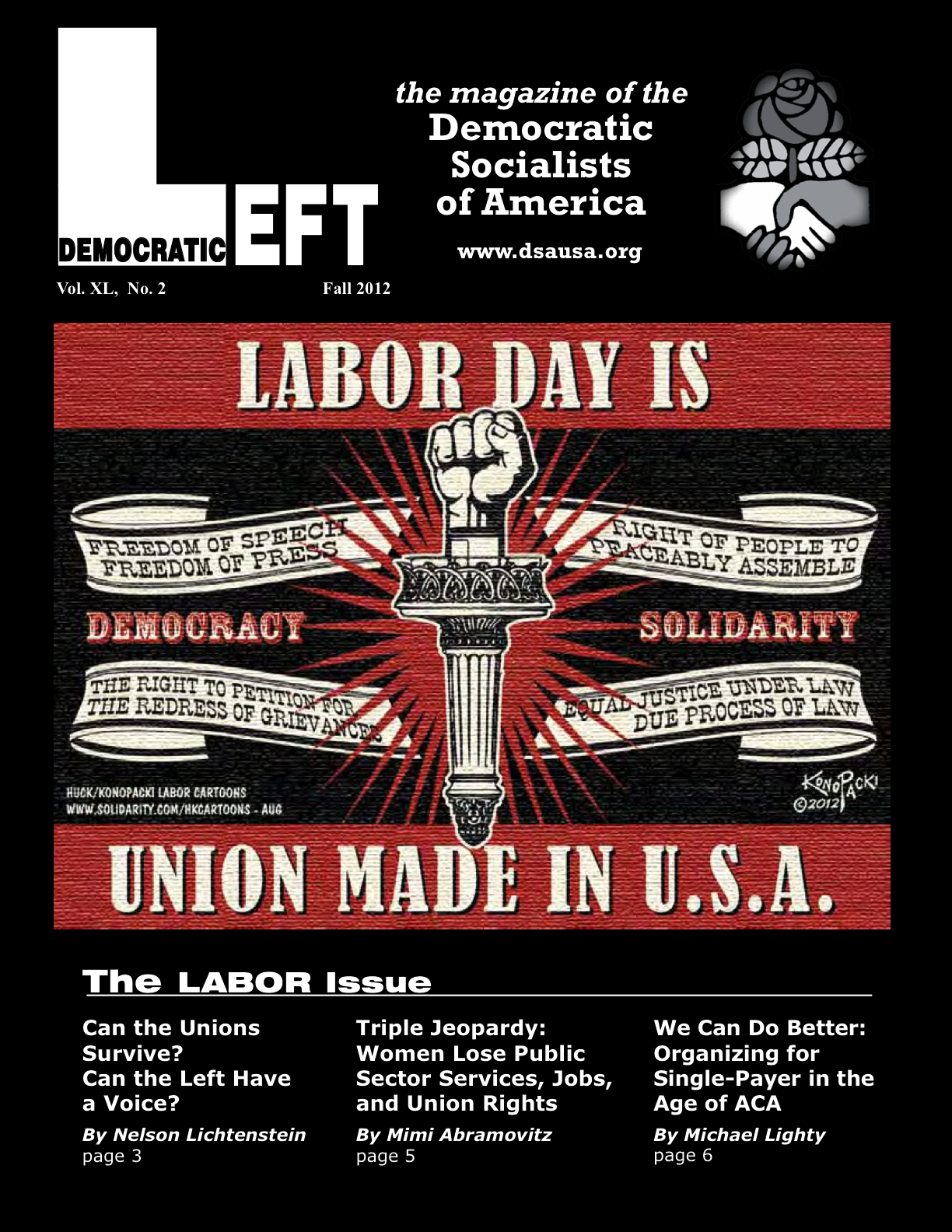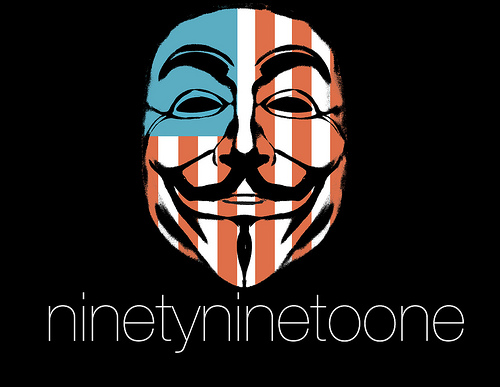
“From secrecy and deception in high places, come home America. From military spending so wasteful that it weakens our nation, come home America. From the entrenchment of special privilege and tax favoritism, from the waste of idle hands to the joy of useful labor, from the prejudice based upon race and sex, from the loneliness of the aging poor and the despair of the neglected sick, come home America. Come home to affirmation that we have a dream, come home to the conviction that we can move our country forward, come home to the belief that we can seek a newer world, and let us be joyful in the hoped homecoming for this land is your land, this land is my land…this land was made for you and me.”
George S. McGovern
Acceptance Speech at the Democratic National Convention on July 14, 1972
 Having vowed that I would not vote for President Obama again after he went back on his word and signed the NDAA, I have been
Having vowed that I would not vote for President Obama again after he went back on his word and signed the NDAA, I have been 






